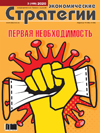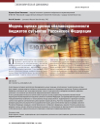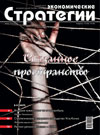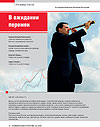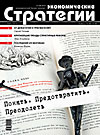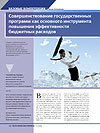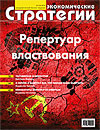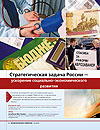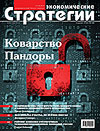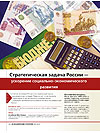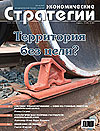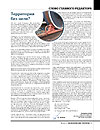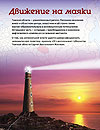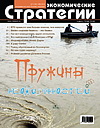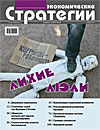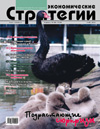Model of Assessing the Balance of the Budgets of Subjects of the Russian Federation
DOI: 10.33917/es-3.169.2020.24-29
Over the past decade, new trends have emerged, political and technological, which will set the conditions for the development of global economic processes in the near future. Within the framework of the modern paradigm, qualitative economic growth is possible only in the case of large-scale introduction of innovations and digital technologies, which is possible while ensuring macroeconomic stability. The article discusses the issues of quantitative assessment, based on the developed economic and mathematical model, the level of budget balance of the constituent entities of the Russian Federation. When forming the model of the category “macroeconomic stability”, the methods of regression, correlation and factor analysis were used. An index method has been used as a quantitative assessment tool. A calculation-experimental method was used to prove the realism of the developed model, and to give a quantitative assessment using examples of constituent entities of the Russian Federation that are part of the Volga and Siberian federal districts. The results obtained develop scientific knowledge in the field of regional economics, and their practical use will allow to purposefully and reasonably solve the problems of regional and leading development management.


